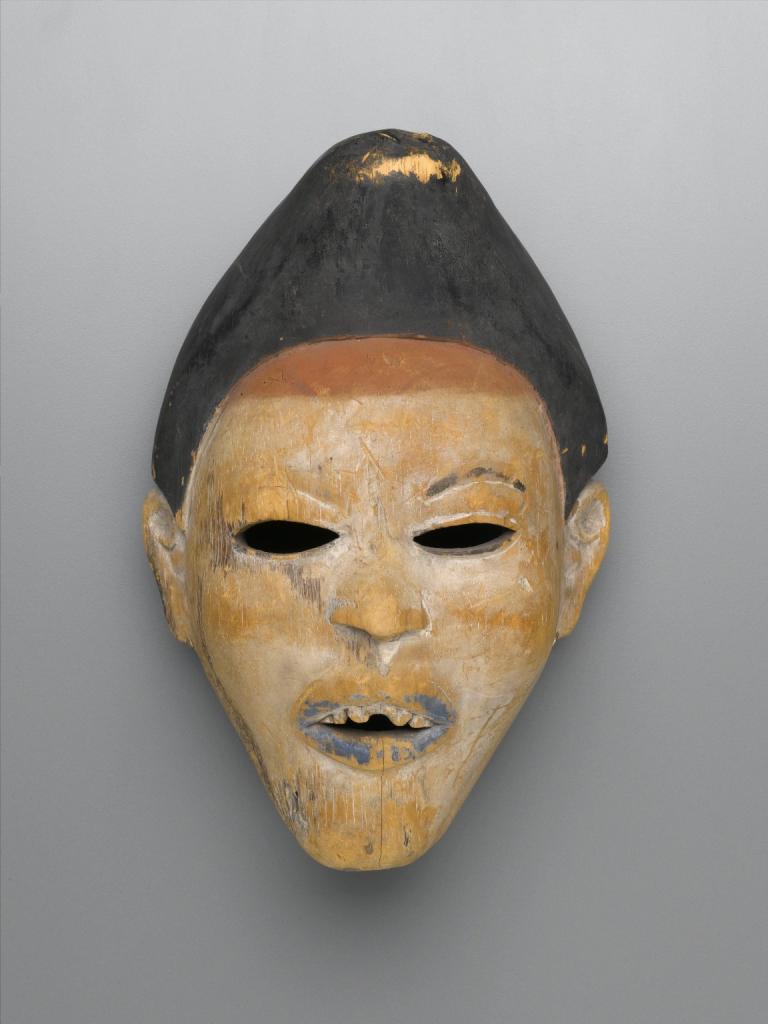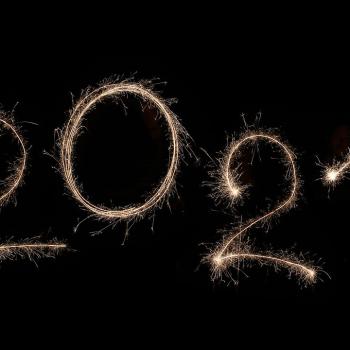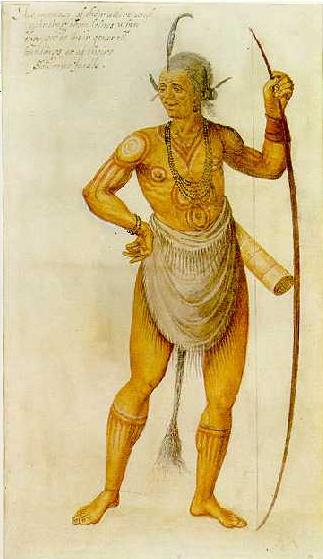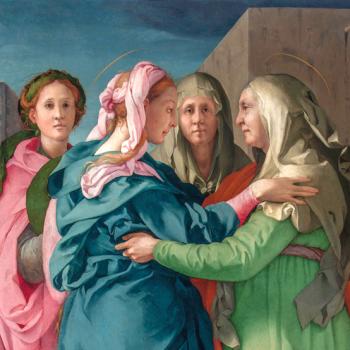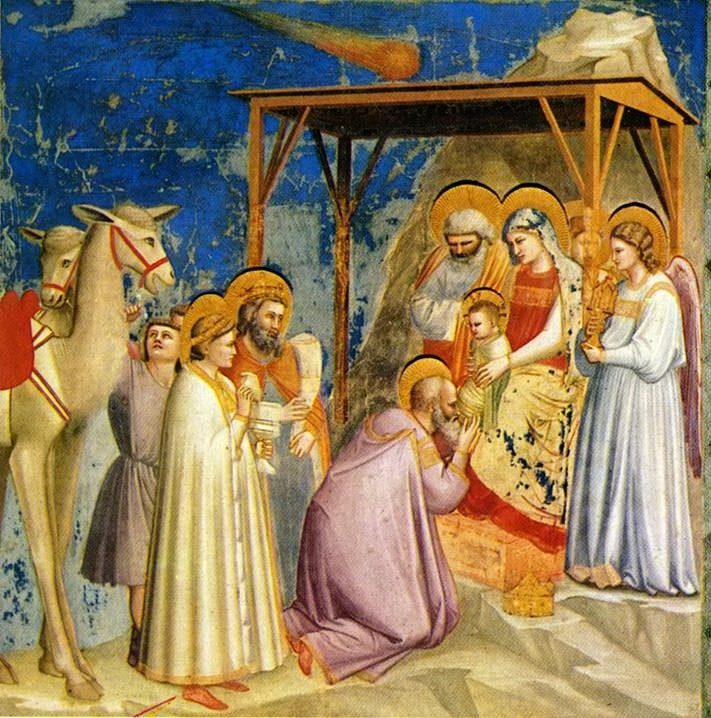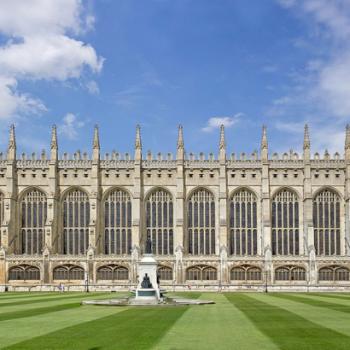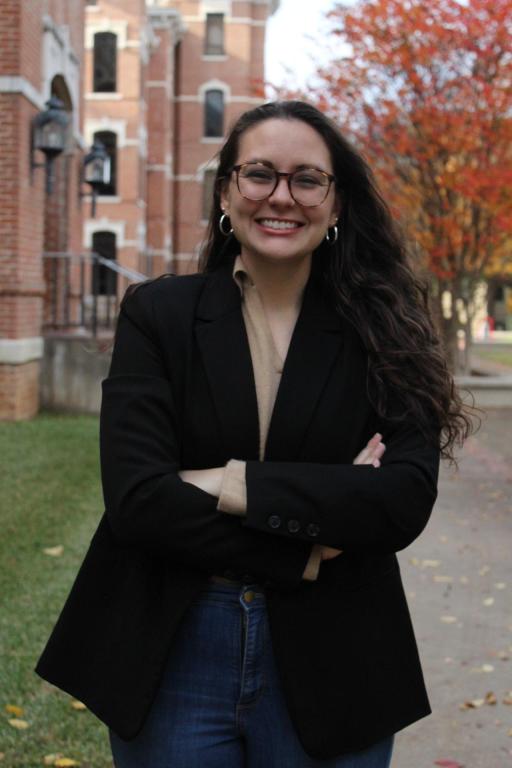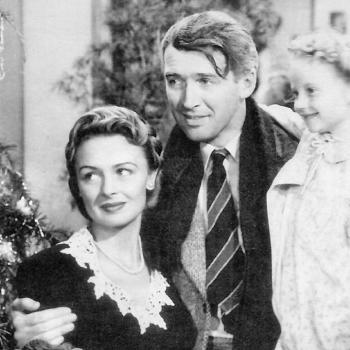Across much of Africa, we encounter the familiar figure of the Nganga, a word that appears in many slightly differing guises. The Nganga is a spiritual healer, who draws on supernatural powers. No reasonable person would today apply the ugly term that Western colonialists used for such people, which was “witch-doctors.” But what exactly do we call the spiritual system that they represent? Going far beyond the specific instance of the nganga, this is actually a very difficult question, with... Read more


